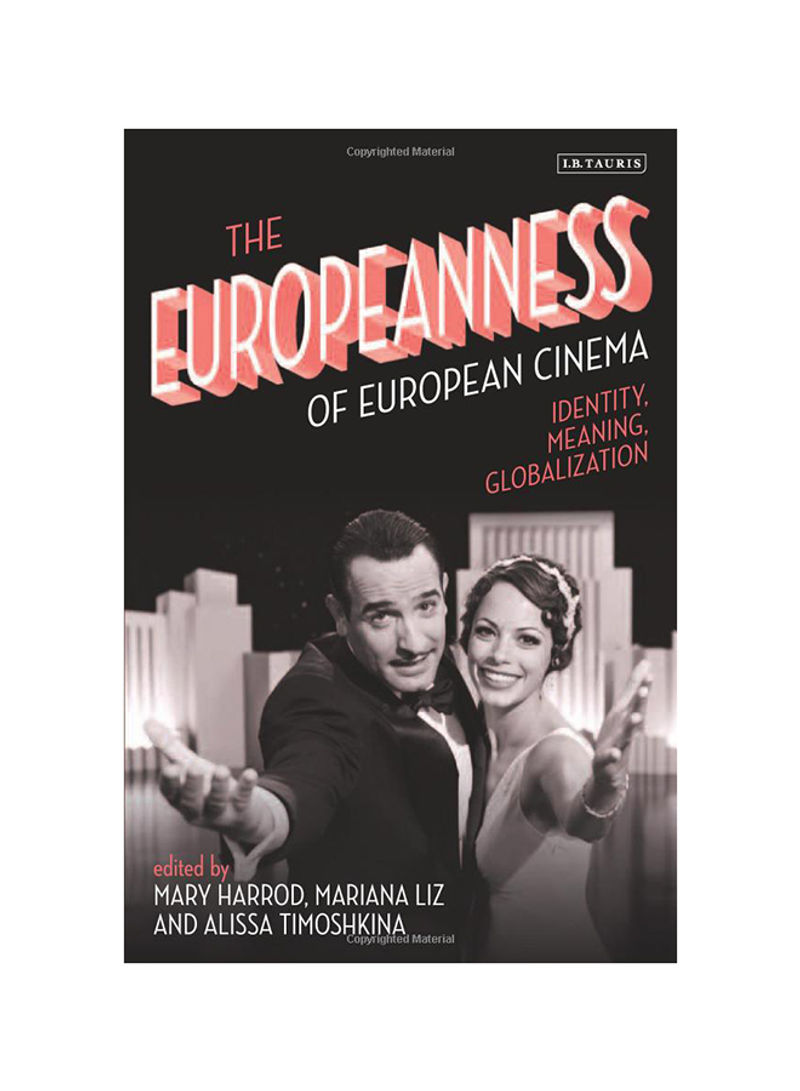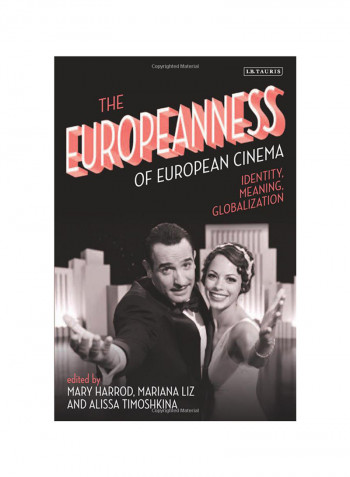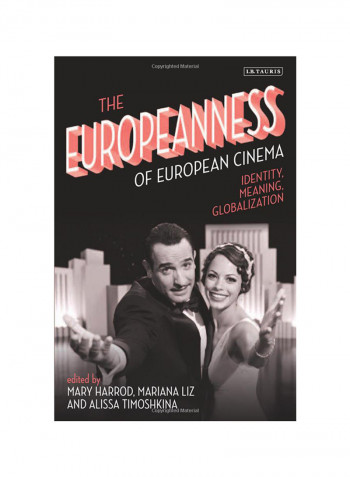The Europeanness Of European Cinema: Identity, Meaning, Globalization Hardcover
Recommend
Sort by
Rating
Date
Specifications
Author 1
Alissa Timoshkina
Book Description
From The Artist to The White Ribbon, from Oscar to Palme d'Or-winning productions, European filmmaking is more prominent, world-wide, than ever before. This book identifies the distinctive character of European cinema, both in films and as a critical concept, asking: what place does European cinema have in an increasingly globalized world? Including in-depth analyses of production and reception contexts, as well as original readings of key European films from leading experts in the field, it re-negotiates traditional categories such as auteurism, art cinema and national cinemas. As the first publication to explore 'Europeanness' in cinema, this book refocuses and updates historically significant areas of study in relation to this term. Leading scholars in European cinema - including Thomas Elsaesser, Tim Bergfelder, Anne Jackel, Lucy Mazdon and Ginette Vincendeau - acknowledge the transnational character of European filmmaking whilst also exploring the oppositions between European and Hollywood filmmaking, considering the value of the 'European' label in the circulation of films within and beyond the continent. The Europeanness of European Cinema makes a lively, timely intervention in the fields of European and transnational film studies.
ISBN-10
1780769296
ISBN-13
9.78178E+12
Language
English
Publisher
I.B.Tauris and Co. Ltd.
Publication Date
2/26/2015
Number of Pages
272
About the Author
Mary Harrod, Mariana Liz and Alissa Timoshkina gained their PhDs from the Film Studies Department at Kings College London (UK), where they have since been teaching. They have published articles in a number of journals and have presented papers on their research topics at film, media and European studies conferences.
Author 2
Mary Harrod
Author 3
Mariana Liz
Editorial Review
Twenty-five years after the fall of the Berlin Wall, Europe's East and West are still reaching out to each other. Europe has enlarged and transformed, but - in the sway of the global crisis - it has also shrunk into insignificance. Yet, European cinema is going strong in making meaning, as this book persuasively shows in tackling matters of heritage and cinephilia, identity and pan-European minorities. Transnational stardom and co-productions are explored against the backdrop of multiple national film traditions. It all comes together, elegantly and proficiently, under the coveted umbrella of Europeanness. Dina Iordanova, Institute for Global Cinema and Creative Cultures, University of St Andrews This wonderful collection navigates with rigour, enthusiasm and aplomb the complexities of thinking about something called European cinema, always respecting differences, never forcing a unity on the phenomenon, but also stubbornly and triumphantly affirming that there is indeed such a thing." Professor Richard Dyer, Kings College London



